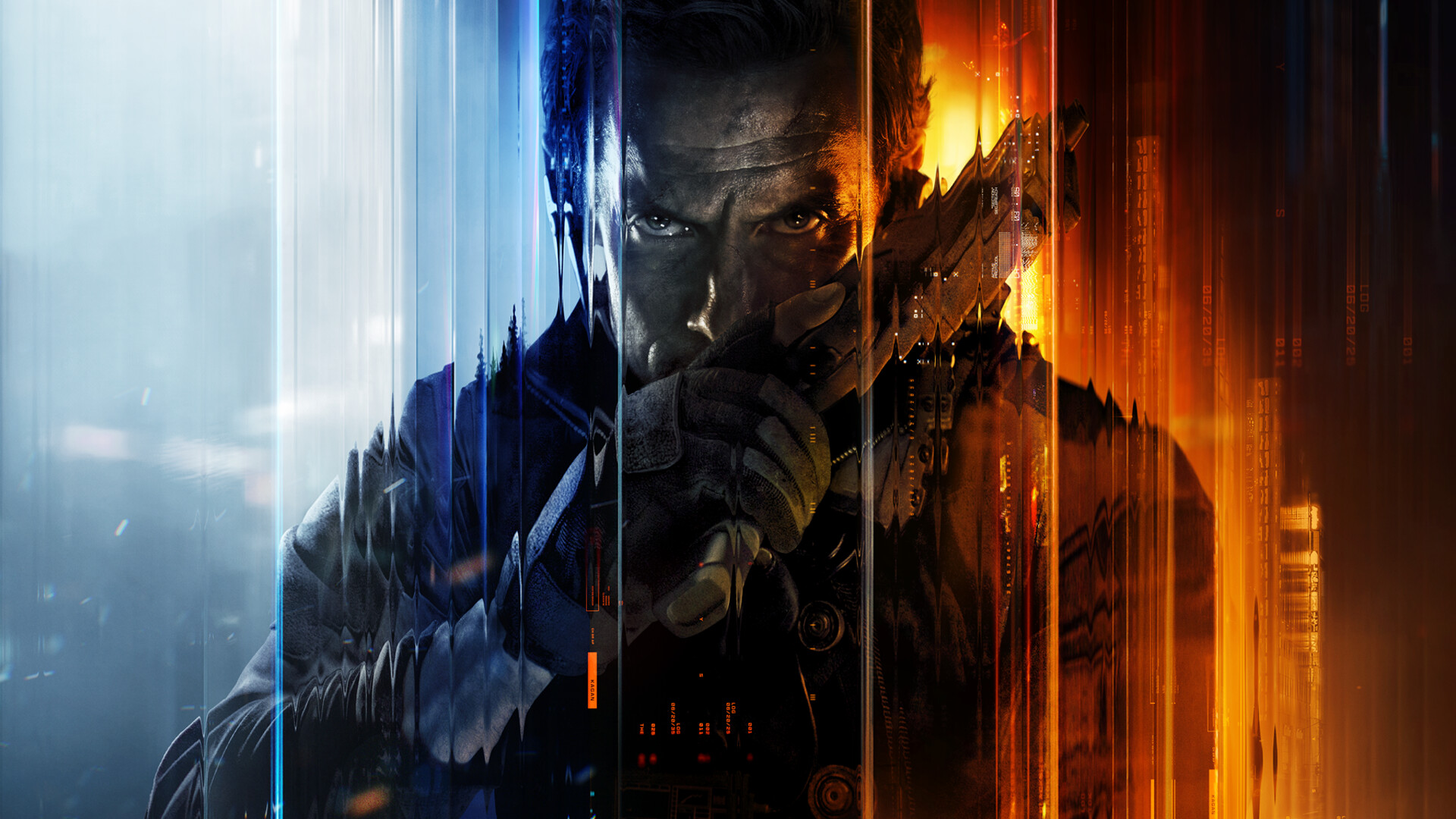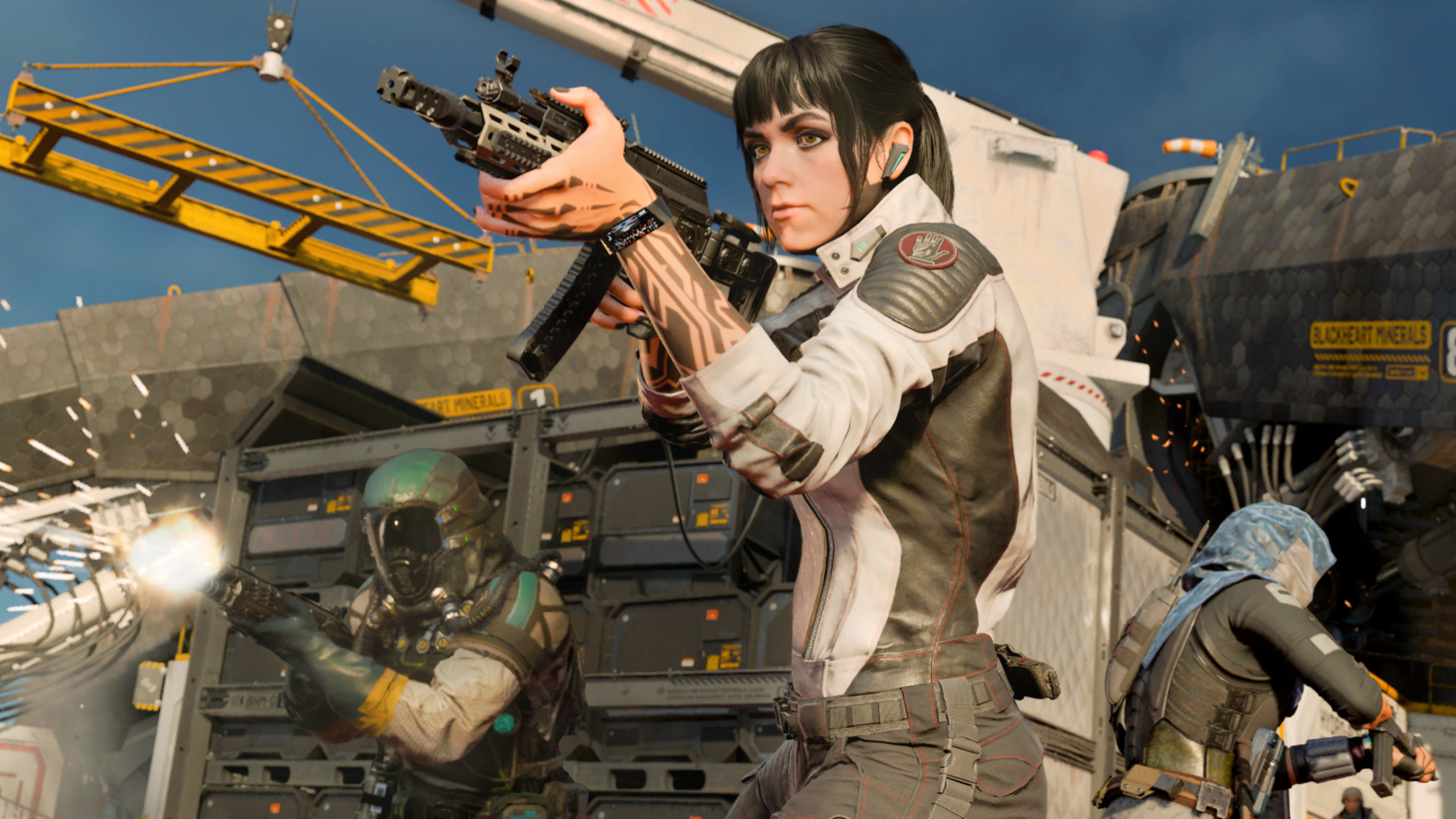Activision anti-cheat team goes on another victory lap after 'the strongest beta results in Call of Duty history', brags '99% of matches were cheater-free' and warns that every day they get 'faster'
But you may well have some concerns about that number.

Keep up to date with the most important stories and the best deals, as picked by the PC Gamer team.
You are now subscribed
Your newsletter sign-up was successful
Want to add more newsletters?

Every Friday
GamesRadar+
Your weekly update on everything you could ever want to know about the games you already love, games we know you're going to love in the near future, and tales from the communities that surround them.

Every Thursday
GTA 6 O'clock
Our special GTA 6 newsletter, with breaking news, insider info, and rumor analysis from the award-winning GTA 6 O'clock experts.

Every Friday
Knowledge
From the creators of Edge: A weekly videogame industry newsletter with analysis from expert writers, guidance from professionals, and insight into what's on the horizon.

Every Thursday
The Setup
Hardware nerds unite, sign up to our free tech newsletter for a weekly digest of the hottest new tech, the latest gadgets on the test bench, and much more.

Every Wednesday
Switch 2 Spotlight
Sign up to our new Switch 2 newsletter, where we bring you the latest talking points on Nintendo's new console each week, bring you up to date on the news, and recommend what games to play.

Every Saturday
The Watchlist
Subscribe for a weekly digest of the movie and TV news that matters, direct to your inbox. From first-look trailers, interviews, reviews and explainers, we've got you covered.

Once a month
SFX
Get sneak previews, exclusive competitions and details of special events each month!
Christmas is coming, the goose is getting fat; Black Ops 7 says it's nailing cheaters, and that's that.
Fresh off a humblebrag earlier in the beta, Activision-Blizzard's Team Ricochet has returned to provide some more stats on dirty rotten cheaters that, on the surface at least, make for some impressive reading. "We’ve crunched the numbers for Black Ops 7 Beta, and Ricochet Anti-Cheat achieved the strongest Beta results in Call of Duty history," says a message from Team Ricochet on X. "Each day, our cheat detections got faster and your matches got cleaner."
Activision-Blizzard now claims that, by the end of the Black Ops 7 beta, "nearly 99% of matches were cheater-free" and "the median detection time for cheaters was three matches."
This does raise a few questions. Only one in 100 games featuring a cheater is an impressive stat, but such a claim also depends on Ricochet having 100% confidence that it's detecting all cheaters… which may not be the case.
Secondly, a median time to detection of three matches seems… a little high? Far be it from me to cast aspersions on a piece of anti-cheat software that is clearly catching an awful lot of scoundrels, but if it's taking three games (and obviously with a median value in some cases that means many more) then maybe there's yet room for improvement.
Ricochet addressed the secure boot and TPM 2.0 requirements earlier this month, claiming that in concert with the software's automated systems even "those who did manage to slip through didn’t last long. Most never made it into a match." Grumbles persist about allowing this software kernel-level access to our machines, which as PCG's hardware writer Jacob Ridley says "is like administrator [mode] on steroids." But sadly it's not going anywhere.

The 99% number is incidentally a slight improvement on where Team Ricochet thought they were a few weeks ago. "97% of cheaters were stopped within 30 minutes of their first sign-in, [and] fewer than 1% of cheating attempts reached a match, and those who did were removed within minutes," they said on October 6.
Keep up to date with the most important stories and the best deals, as picked by the PC Gamer team.
It's also pleasing to see that Activision is prepared to use its muscle outside of the game. It's sent an army of lawyers after cheat-makers and won some hefty judgements against the biggest culprits, with some of the villains even choosing to give up without a fight. Activision says it has "directly contributed" to over 40 cheat developers and resellers going out of business (or possibly even further underground) since last year's Black Ops 6.
I'm not sure quite how to feel about the robust attitude Team Ricochet takes towards cheaters. These stats all sound impressive and, very generally speaking, players do seem to be having fewer matches ruined. But maybe next time it could back up the numbers with some insight as to how it reaches these estimates, because just sticking a big graphic on X saying "99% cheat-free" feels a little simplistic.
"Team Ricochet is always adapting, working to stay ahead and keep your matches fair," say our kernel-loving friends. "We'll keep the updates—and progress—coming as we head into Black Ops 7 launch on November 14."
2025 games: This year's upcoming releases
Best PC games: Our all-time favorites
Free PC games: Freebie fest
Best FPS games: Finest gunplay
Best RPGs: Grand adventures
Best co-op games: Better together

Rich is a games journalist with 15 years' experience, beginning his career on Edge magazine before working for a wide range of outlets, including Ars Technica, Eurogamer, GamesRadar+, Gamespot, the Guardian, IGN, the New Statesman, Polygon, and Vice. He was the editor of Kotaku UK, the UK arm of Kotaku, for three years before joining PC Gamer. He is the author of a Brief History of Video Games, a full history of the medium, which the Midwest Book Review described as "[a] must-read for serious minded game historians and curious video game connoisseurs alike."
You must confirm your public display name before commenting
Please logout and then login again, you will then be prompted to enter your display name.


